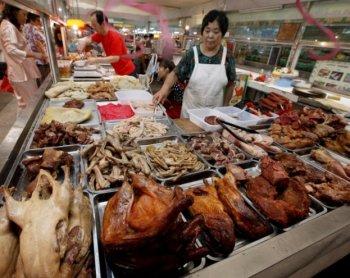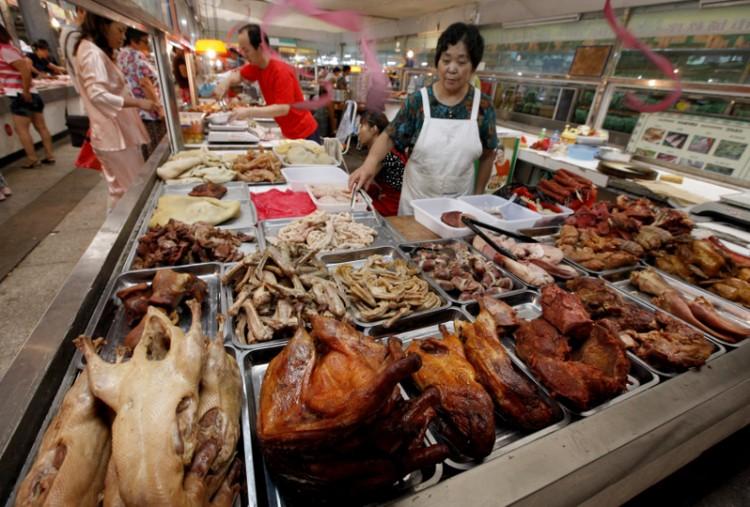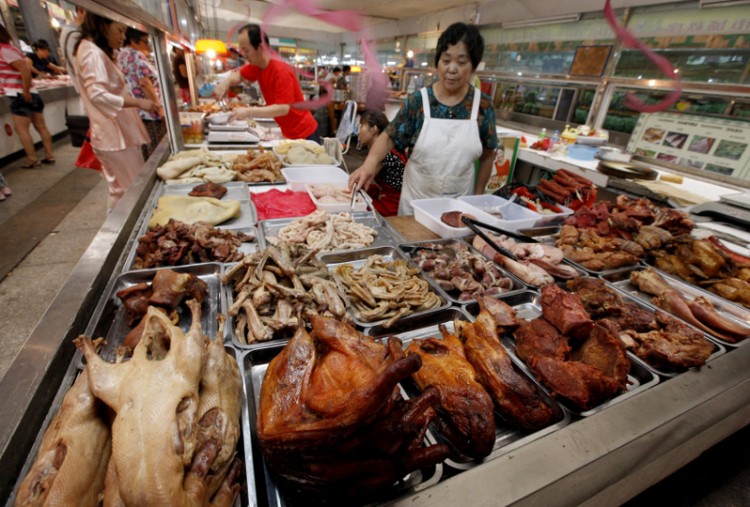Additives Endanger China’s Food Safety
Lacking sufficient technical standards and hampered by the complexities of inspection, China’s Ministry of Health has informed the public that 60 percent of the food additives used in China cannot be detected.

A supermarket in Hefei, China on June 13. A food safety inspection team asserts that there are 2,200 different food additives used in China, but currently has inspection standards for only 40 percent. AFP/Getty Images
|Updated:





